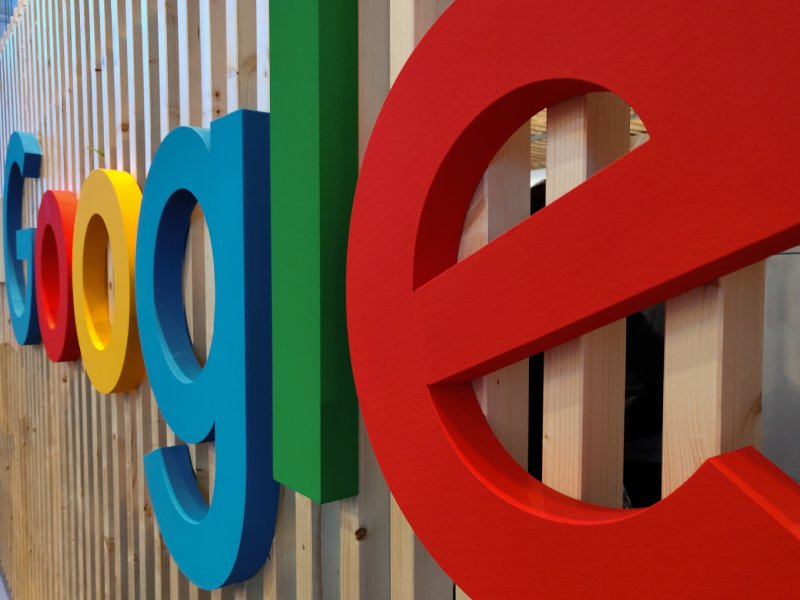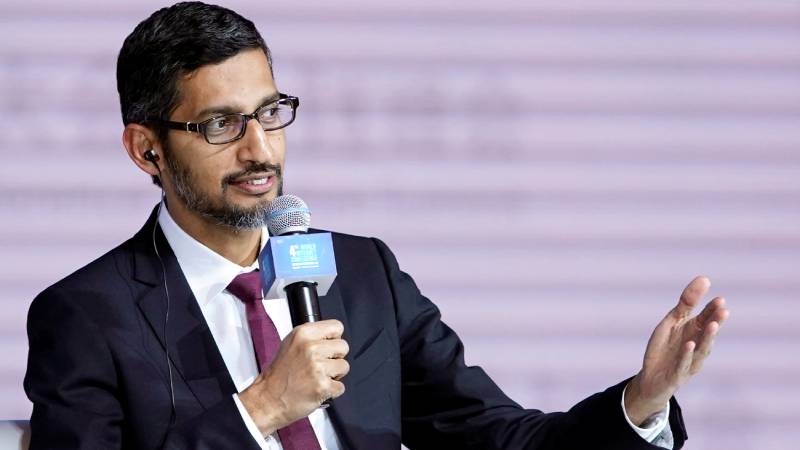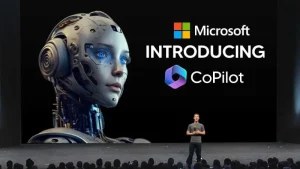Sundar Pichai made CEO in Alphabet’s biggest bet
3 min read
NEW DELHI/SAN FRANCISCO: Google CEO Sundar Pichai will take over the extra restraints of parent Alphabet in place of co-founders Larry Page and Sergey Brin as the single resident of the hot seat among single global demand for more protection, administrative inspection, and taxes.
“While it has been a great opportunity to be deeply concerned in the day-to-day management of the company for so long, we understand it’s time to understand the role of proud parents—allowing advice and love, but not daily nagging!”
Pichai, who has operated the core Google search business as 2015, will quickly take up the controls of Alphabet, the progenitor of one of the world’s most important and powerful companies.
“I want to be obvious that this change won’t alter the Alphabet structure or the work we do day to day,” Pichai said in an email to Google workers. “I will proceed to be very focused on Google and the extensive work we’re doing to advance the boundaries of computing and create a more effective Google for everyone.
At the same time, I’m passionate about Alphabet and its long term center on taking big difficulties through technology.”
Apart from managing Google, Pichai will lead the Alphabet’s investments in Additional Bets, a bouquet of futuristic, technology-driven businesses
Pichai said he will proceed to work with Page and Brin, who will tell as board affiliates and co-founders.“We’ve never done ones to hold on to control roles when we think there’s a more reliable way to run the company. And Alphabet and Google no continued need two CEOs and a President. Taking it into consideration, Sundar Pichai now will CEO of Google and its parent Alphabet.
He will be the manager responsible and responsible for leading Google, and managing Alphabet’s investment in our documents of Other Bets (a reference to a basket of companies ranging from an independent vehicle unit to helium balloons that provide solar-powered internet services in remote regions).”
The movement breaks up a trio that yielded importance on developing artificial intelligence software to make web exploring more active and more personalized while increasing the range of knowledge and services available from a single text query.
But their perception faces unique scrutiny, with governments on five continents requiring better protection, an end to what many views as anticompetitive behavior, and more taxes from the world’s most comprehensive online advertising corporation. Thousands of workers have complained, and some have even quit, over ongoing concern that Google’s famous “don’t be harmful” mantra may be damaging.

Alphabet, which owns more than a dozen organizations, including self-driving car business Waymo and healthcare software company Verily, was founded in 2015. The Google unit maintained control of major businesses including video giant YouTube and the Android smartphone software and hardware services.
Page had needed to focus on developing newer businesses, which collectively spend money. He gave Google to Pichai, who in turn commits a lot of power to deputies, who control the various product lines.
But Page and Brin, once-daily sights at public events, had become much less noticeable in recent years. Page’s escape into the background drew growing criticism from employees and US lawmakers, who needed answers from him rather than Pichai about questionable projects such as an innovative search app for Chinese users.
The co-founders still manage the company through approved shares. As of April, Page held 26.1% of Alphabet’s total voting power, Brin 25.25% and Pichai less than 1%.
Also Read: Sir William Henry Perkin: How an 18-year-old accidentally discovered the first synthetic dye
Born into a middle-class family in Tamil Nadu, Pichai, or Pichai Sundararajan, acquired an interest in computers while he was studying metallurgical engineering at the Indian Institute of Technology-Kharagpur. He succeeding won a scholarship to Stanford, nursing hopes of joining Silicon Valley.
Though he has been directing one of the world’s most flourishing information technology companies, in an interview with The Guardian in 2017, Pichai said: “As individuals, I don’t acknowledge whether we want to change that fast—I don’t believe we do.”
This, in fact, could show to be a predicament as Pichai leads Alphabet, with its innovative projects of the future.







